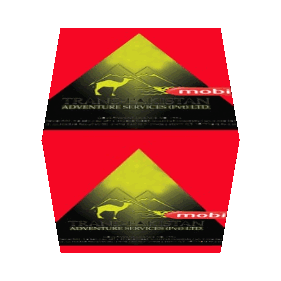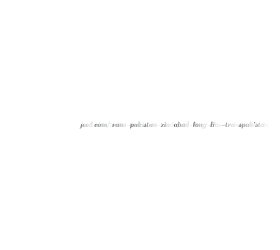
De:Formal x Baitball 02




Trans-Pakistan Zindabad (Long Live Trans-Pakistan) / 20xx
Roundabouts are products of western modernist urban planning that entered the MENASA region to cultivate forms of protest in its counter-use as outlined by Eyal Weizman in ‘Roundabout Revolutions’ (2013). These sites are still considered spaces for gathering however heavily surveilled, post-Arab Spring. My project, ‘Trans-Pakistan Zindabad’, is concerned with finding forms of physical occupation (against gentrification in Pakistan) through digital means to circumvent the physical fatalities upon the body— a service offered by Trans-Pakistan,
a digitized tourism company.
My proposed project investigates other ways of occupying space and economic mobility by technological users. It is a call to return to the body or specifically the body of the user. It is an initiation of walking (through the speculative walking tour phone application) in VR within heavily state and military surveilled, heteronormative spaces. Loitering, walking counterclockwise activates a redesigning an alternate roundabout through the user-body; the counter-use and counter culture (technological piracy) through the counter clockwise.
Animation Support: Umber Majeed, Mitchell Zemil, Zach Blas
Sound Support: Kevin Ramsay, Daniel Sabio, Abid Majeed, Abdul Majeed
Institutional Support: The Digital Earth Fellowship, Hivos, The Netherlands, Jameel Arts Centre, Dubai, UAE, and Trinity Square Video, Toronto, Canada.
2020, Interactive web environment (desktop-based), Commissioned by Pioneer Works, Brooklyn

Fotocopy.net is offered as a virtual tourism experience exploring the ideas and implications of simulcrea, “the copy” as a desktop virtual
environment. It explores a concept called “Pirate Modernity” by Indian Media Theorist, Ravi Sundaram; the dissemination of the media culture
through the copy as a representation of the subaltern population in the city. Combining familial archives, the apparatus of the screen, tools of leisure, context of gentrification in South Asia; the project seeks for viewers to loiter in the kitsch imaginary of corporate culture and critical analysis within a former failed tourism company of the artist’s uncle; a digitally revitalized “Trans-Pakistan Adventure Services”.
My interest is analyzing capitulation to Western interests, a corollary in Bahria Town, the name of several private, planned housing developments throughout the country. Its Lahore variant recreates Western monuments like the Eiffel Tower and Trafalgar Square—only they’re cloaked in a pervasive, Islamic security apparatus. At the crux of this project is the question of how this built environment can be reimagined as a speculative,
almost poetic space for othering prevailing logics around race, gender, sexuality, and capital.
